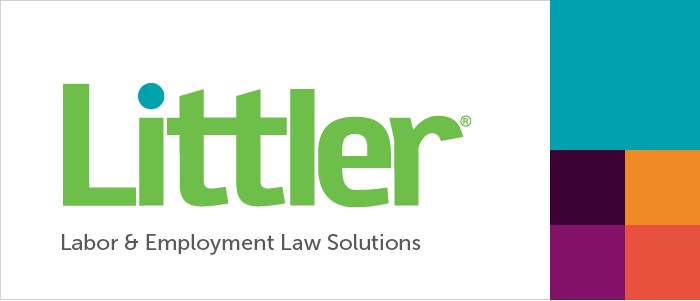On December 9, 2024, the U.S. Court of Appeals for the Third Circuit upheld the New Jersey district court’s previous ruling that there is no private right of action under New Jersey’s Cannabis Regulatory, Enforcement Assistance, and Marketplace Modernization Act (“the Act”). Enacted in 2021, the Act not only legalized recreational marijuana use in New Jersey, but went a step further and prohibits employers from taking any adverse action against an employee, or from refusing to hire a job applicant, based solely on the basis of a positive drug test.
While the Act precludes discrimination based on a person’s use or non-use of cannabis, it does not expressly provide a private right of action redressing perceived employment discrimination against lawful cannabis users. In the case before the Third Circuit, a job applicant was denied employment due to a failed drug test, and sought relief on behalf of himself and a putative class of job applicants based on the alleged violation of the Act. In a case of first impression, the district court had granted the defendant’s motion to dismiss, finding there was no implied private right of action under the Act, and the Third Circuit has affirmed the ruling.
The complaint at issue was a two-count complaint, alleging that rescission of the applicant’s job offer was a violation of the Act, which constituted a valid common law claim as an act against public policy, as set forth by Pierce v. Ortho Pharmaceutical Corp.1
In support of its decision, the Third Circuit noted while the Act precludes discrimination based on a person’s use or non-use of cannabis, it neither prevents an employer from maintaining a drug-free workplace, nor requires an employer accommodate cannabis use in the workplace. The Third Circuit also noted the Act expressly states it does not “amend or affect in any way any State . . . law pertaining to employment matters.”
The Third Circuit first had to determine whether the Act created rights that would allow individuals to pursue claims for potential violations of the Act.
Based upon precedential case law from the Supreme Court, the Third Circuit determined the Act does not imply a private right of action because:
employment protections in that statute do not confer a special benefit on a particular class, as the benefits apply to both users and non-users of cannabis;
there was no evidence of legislative intent to create a private cause of action; and
implying a private cause of action is inconsistent with the express language of the statute.
Having found there was no cognizable claim under the Act, the court next considered whether rescinding the offer of employment constituted a violation of New Jersey public policy. In doing so, the court reasoned the public policy exception to at-will employment—first recognized in Pierce—could only be brought by employees of a company, and not applicants. This holding is consistent with New Jersey state court precedent, wherein courts have been unwilling to extend Pierce to failure-to-hire claims. Accordingly, the Third Circuit opted not to certify the question to the New Jersey Supreme Court, determining there is no confusion or outstanding question to be reviewed.
This decision is significant for employers that are currently facing actions in federal court under the Act. Claims brought under the Act may not survive, and individuals with claims alleging “failure to hire” (as compared to current employees bringing claims regarding adverse employment actions) do not have an alternative mechanism under which they may seek relief. While this decision is not binding on New Jersey state courts, this opinion provides analysis on which the state courts may base future decisions.
As noted when the district court made its ruling, this decision provides a viable defense to private lawsuits brought pursuant to the Act, and affirms the previously recognized position that Pierce claims do not encompass claims brought by applicants, but only those brought by employees. This legal landscape is evolving, and there is potential for legislative intervention, so New Jersey businesses should consider various outcomes and seek legal advice before taking action against an applicant or employee based on a positive marijuana test result.
H/T: www.jdsupra.com



